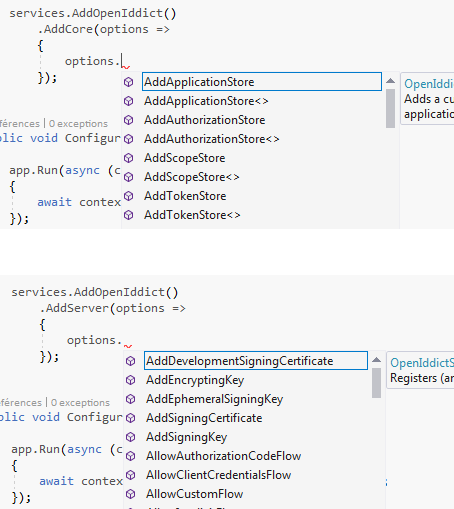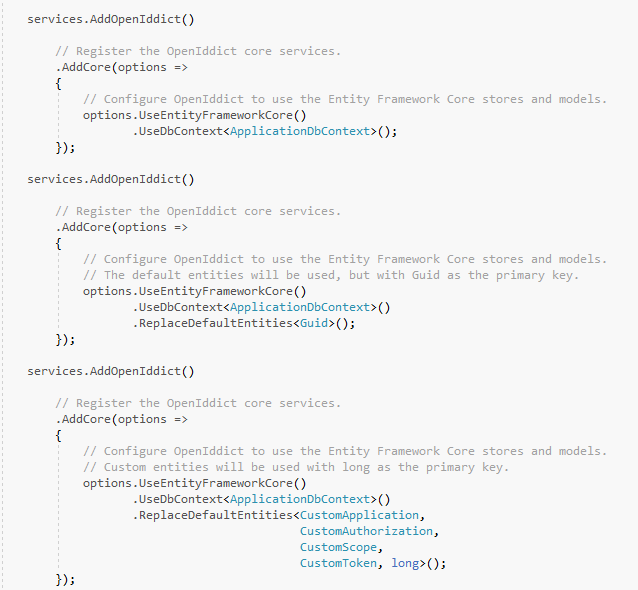Recently, I received a mail from Auth0 asking me if I was interested in joining them. I had used Auth0 many times in the past but I had never taken the time to look at their OSS SDKs. This mail was a good opportunity to change that.
When doing so, I discovered that both their ASP.NET 4.x and OWIN/Katana SDKs were unfortunately prone to "session fixation", which is a form of cross-site request forgery allowing to force a victim to log in under an attacker's account.
Since it's a quite frequent vulnerability, here's a quick overview of what causes it and how you can concretly exploit it.
Auth0 was already aware of this issue internally and decided to switch to the official OWIN OpenID Connect middleware developed by Microsoft, which is not prone to this class of attack.
If you need to migrate, Auth0 has prepared a migration guide listing the steps required to replace Auth0-ASPNET-Owin by Microsoft's OpenID Connect middleware.
What do session fixation attacks consist in?
The OAuth 2.0 threat model RFC – a must read for anyone dealing with OAuth 2.0 and OpenID Connect – gives an excellent definition of this threat and its practical implications:
Cross-site request forgery (CSRF) is a web-based attack whereby HTTP requests are transmitted from a user that the web site trusts or has authenticated (e.g., via HTTP redirects or HTML forms). CSRF attacks on OAuth approvals can allow an attacker to obtain authorization to OAuth protected resources without the consent of the user. This attack works against the redirect URI used in the authorization "code" flow.
An attacker could authorize an authorization "code" to their own protected resources on an authorization server. He then aborts the redirect flow back to the client on his device and tricks the victim into executing the redirect back to the client. The client receives the redirect, fetches the token(s) from the authorization server, and associates the victim's client session with the resources accessible using the token.
Impact: the user accesses resources on behalf of the attacker. The effective impact depends on the type of resource accessed. For example, the user may upload private items to an attacker's resources. Or, when using OAuth in 3rd-party login scenarios, the user may associate his client account with the attacker's identity at the external Identity Provider. In this way, the attacker could easily access the victim's data at the client by logging in from another device with his credentials at the external Identity Provider.
Usually, this (generally underestimated) threat is mitigated by correlating the authorization response with the authorization request: typically, by generating an unguessable value before redirecting the user to the Identity Provider and validating it before sending the token request.
Unfortunately, this kind of check is not made by the Auth0 ASP.NET 4.x and OWIN SDKs, making them vulnerable to this class of attack.


